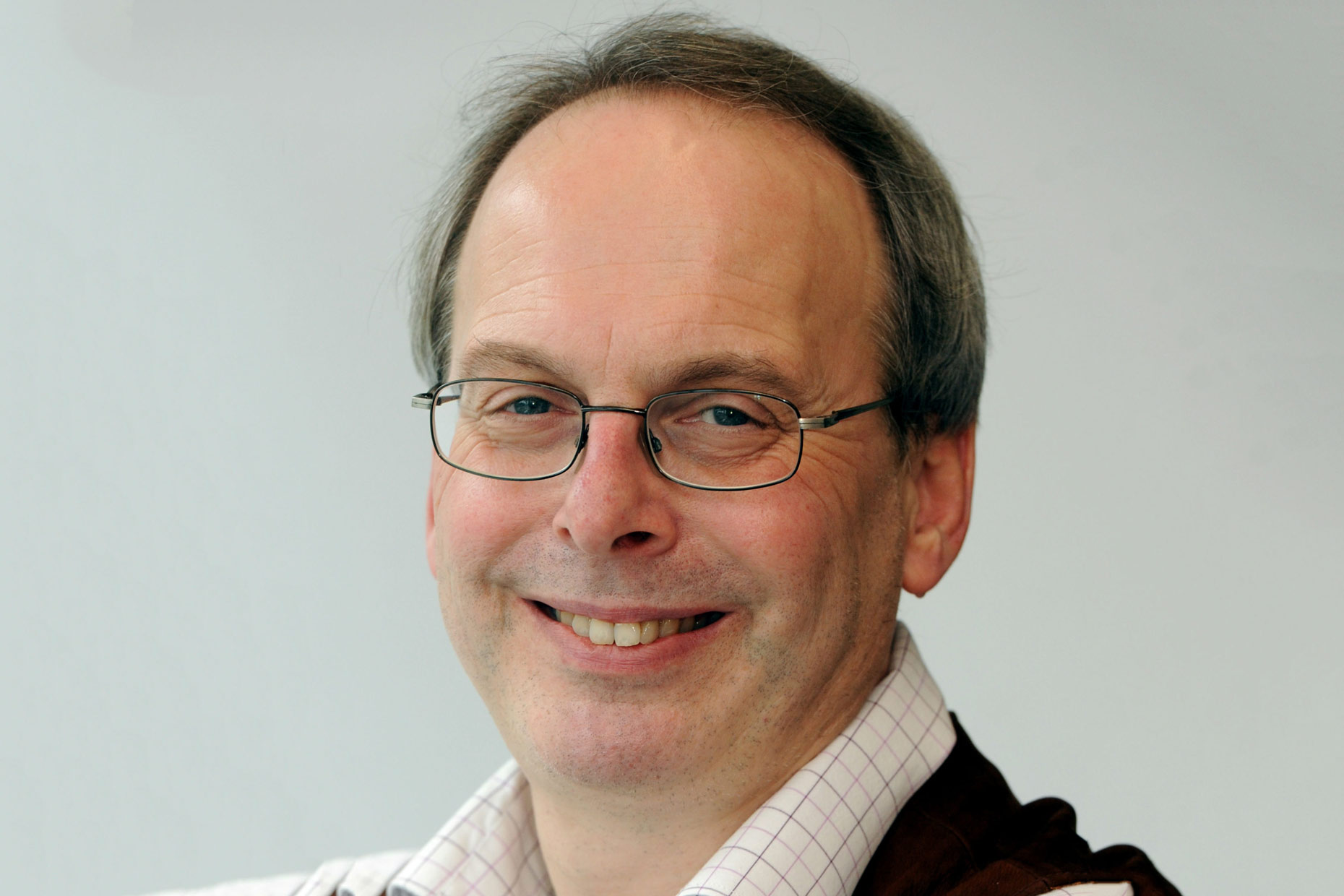Many people would agree on two points in the European referendum: the campaign is too long, and the issues on staying or leaving are not clear-cut one way or the other.
I have been involved with European programmes for business and education for over 20 years, and I have seen at first hand the bureaucracy and complexity which people often encounter in dealing with EU matters.
The European Union, the Parliament and the Commission, which operates many of the policies and programmes, are far from perfect organisations, suffering from the centralising tendencies of most bureaucracies.
They require reform to adapt to the highly competitive, complex world which poses dangers and challenges to which Europe is not responding adequately; security and migration are just two of these.
But the United Kingdom has played a formative role over 30 years in bringing a measure of business sense, clearer priorities and new policies to Europe. This needs to continue, because Europe must change. If the UK withdraws from the EU, it will weaken Europe and this in turn could affect the UK adversely.
I happen to believe that being part of Europe benefits Greater Lincolnshire in many ways, and that a vote to leave will be damaging for us, without comparable benefits in return.
Economically, Europe is a major market for Lincolnshire, and industries such as agri-food, engineering, transport and sustainable energy are integrated with European supply chains. Future investment, markets and jobs will suffer if we vote to leave.
European programmes continue to be a major source of investment in infrastructure, innovation, research, education and environmental improvement.
Greater Lincolnshire will receive €133 million over the next seven years in European structural funds alone, which equates to £15 million per year, equal to the amount of the recent devolution deal. There is no evidence that the UK government will be able to invest at the same level to replace this if we leave.
Lincolnshire has received, and will continue to receive, many benefits from European membership, yet most people tend not to realise these, or take them for granted.
Socially, Lincolnshire has a more diverse workforce and population resulting from EU membership; citizens from other EU countries have renewed communities, have led to more jobs being created and contribute much more than they take from our society. Students from mainland Europe benefit from studying in Lincolnshire, just as home students find new opportunities in other EU states.
Beware of the ‘Little England’ tendency to believe that Britain would be better off out of the EU. There is little evidence to support this view, and it brings a serious risk that an exit vote will harm Scotland, Wales, the English regions and Northern Ireland disproportionally.
More positively, I end with the words of a Lincolnshire student from Bishop Grosseteste University who studied in Germany through the Erasmus EU student exchange programme. [Let’s not lose these opportunities for our young people].
“The experience has made me much more culturally aware through the diverse range of people I met, and has encouraged me to pursue more opportunities in the future. I made new friends, experienced a different culture and was able to visit places I never thought I’d be. I cannot recommend the experience of studying abroad enough!”
Professor David Rae is a leading innovator and researcher in the human and social dynamics of entrepreneurship, learning and small business management at Bishop Grosseteste University. He has achieved professional and academic recognition for his contributions to entrepreneurship research, education, policy and regional development, with international connections in both Europe and North America, and is in demand as an inspirational keynote speaker at international and professional conferences.
Professor David Rae is a leading innovator and researcher in the human and social dynamics of entrepreneurship, learning and small business management. He has achieved professional and academic recognition for his contributions to entrepreneurship research, education, policy and regional development, with international connections in both Europe and North America, and is in demand as an inspirational keynote speaker at international and professional conferences.






